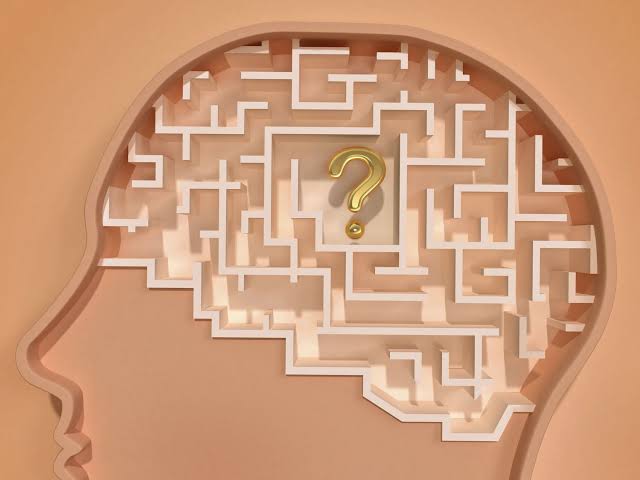Memory loss, a common concern among individuals of all ages, can significantly impact daily life. From forgetting minor details to experiencing severe cognitive decline, understanding the causes, symptoms, and treatment options is crucial for maintaining cognitive health. Let’s delve into the intricacies of memory loss and explore ways to manage it effectively.
Causes of Memory Loss:
Memory loss can stem from various factors, including aging, medical conditions, and lifestyle choices. Aging is a natural process that can lead to mild cognitive impairment, affecting memory and thinking abilities. Additionally, conditions such as Alzheimer’s disease, dementia, and traumatic brain injury can contribute to significant memory loss. Lifestyle factors such as chronic stress, poor nutrition, lack of sleep, and substance abuse can also impair memory function over time.
Symptoms of Memory Loss:
Recognizing the symptoms of memory loss is essential for early intervention and treatment. Common signs include difficulty remembering recent events or conversations, misplacing items frequently, struggling to find the right words, and experiencing confusion or disorientation in familiar settings. In severe cases, individuals may struggle to perform daily tasks independently, leading to a decline in overall quality of life.
Diagnosis and Evaluation:
Diagnosing memory loss involves a comprehensive evaluation by healthcare professionals, including medical history review, physical examination, cognitive tests, and imaging studies such as MRI or CT scans. These assessments help identify underlying conditions contributing to memory loss and guide treatment decisions.
Treatment Options:
While there is no cure for conditions like Alzheimer’s disease, several treatment options can help manage symptoms and improve quality of life. Medications such as cholinesterase inhibitors and memantine may be prescribed to slow cognitive decline and enhance memory function. Additionally, lifestyle modifications such as regular exercise, healthy diet, mental stimulation, and social engagement can support cognitive health and delay memory loss progression.
Prevention Strategies:
Taking proactive steps to prevent memory loss is crucial for maintaining brain health throughout life. Engaging in activities that challenge the mind, such as puzzles, reading, and learning new skills, can help preserve cognitive function. Prioritizing sleep, managing stress effectively, and maintaining a balanced diet rich in antioxidants and omega-3 fatty acids can also support brain health and reduce the risk of memory loss.
Conclusion:
Memory loss is a complex issue that can result from various factors, including aging, medical conditions, and lifestyle choices. By understanding the causes, symptoms, and treatment options, individuals can take proactive steps to preserve cognitive function and enhance overall quality of life. Through early intervention, lifestyle modifications, and effective management strategies, it’s possible to mitigate the impact of memory loss and maintain brain health for years to come.
Source – WebMD



